The year 2022 has seen the world economy limping on through the shockwaves of a barrage of unknowns. And the year 2023 could be off to a fairly rough start due to the continued impact of such undesired events like the Ukraine crisis, the U.S. Federal Reserve rate hikes, a worldwide inflation, the energy and food crises, as well as the lingering pandemic.
Against the backdrop of such a volatile international landscape, China has maintained sound fundamentals and pursued high-quality development. The resilience and potential of its economy have inspired hope among the international community.
"WORLD WITH MORE FRAGILITY"
Ordinary people around the world have already been leading a difficult life in 2022: renting a house is too expensive, the energy bill is too high to afford, going to the supermarket often means snapping up vegetables in sales.
"We may be entering a new era of Great Stagflationary Instability," Nouriel Roubini, a professor emeritus of economics and international business at New York University's Stern School of Business, wrote in a Time magazine article in mid-October.
Devastating inflation has been felt in both developed and developing countries. The annual inflation rate of the United States reached 9.1 percent in June, the highest in almost 41 years, and it remained as high as 7.1 percent in November. Eurozone's inflation has been in double digits for three consecutive months. Core consumer prices in Japan jumped 3.7 percent in November, the biggest since December 1981. Türkiye's annual inflation rate accelerated to 85.51 percent in October, its highest level since 1997. Inflation in Argentina is expected to hit almost 100 percent by the end of the year.
The United States and its allies imposed rounds of sanctions on Russia in hopes of choking the country's energy export channels and destroying its economy. However, those sanctions have backfired and hurt U.S. allies, and have triggered a worldwide energy crisis.
"The global economy is reeling from the largest energy crisis since the 1970s. The energy shock has pushed up inflation to levels not seen for many decades and is lowering economic growth all around the world," Alvaro Santos Pereira, chief economist ad interim of the Organization for Economic Cooperation and Development (OECD), wrote in late November.
Adding to those troubles is a United States continuously introducing destructive policies that weigh on the world economy by driving up global prices, disturbing financial markets and undermining the global economic and trade order.
To bring down inflation, the Fed has raised interest rates seven times this year with a total increase of 425 basis points, and signaled that it will continue to raise rates in early 2023, and will not begin to cut them until 2024. The rest of the world has felt the pain.
The International Monetary Fund (IMF) forecasted that global economic growth will slow from 6.0 percent in 2021 to 3.2 percent this year. Many developing countries have seen their currencies weaken against the dollar, while some low-income countries are already at high risk of or in debt distress.
The global economy is "dangerously close" to a recession, as inflation remains elevated, interest rates rise, and a growing debt burden hits the developing world, World Bank President David Malpass said in October.
"We are experiencing a fundamental shift in the world economy from one of relative predictability ... to a world with more fragility," IMF Managing Director Kristalina Georgieva said in early October.
A POINT OF DIVERGENCE
The IMF already lowered its global growth outlook for 2023 to 2.7 percent in October. However, Georgieva reiterated in mid-December that the likelihood of further downgrades in its projections will be "high," calling 2023 a "very difficult year."
Meanwhile, many observers believed that 2023 could be a point of divergence, with developed countries possibly sliding into a recession and emerging economies starting to recover.
An economic outlook note on the United States by OECD said real GDP is projected to grow by 0.5 percent in 2023. More pessimistically, a recession probability model by Bloomberg economists forecasted a 100-percent chance of a recession in the country by October 2023.
The market has expected the Fed to cling to its aggressive monetary policy. Economists surveyed by Bloomberg see median estimate of the policy benchmark peaking at 4.9 percent in 2023, as the central bank will likely introduce two more rate hikes of 25 basis points next year.
"Inflation is eroding everything," said Jamie Dimon, chairman and chief executive officer of JP Morgan, in early December. "When you're looking out forward, those things may very well derail the economy and cause a mild or hard recession that people worry about."
Things could be worse for Europe. The European Central Bank has raised interest rates four times since July with a total increase of 250 basis points. In the meantime, the EU's sanctions have largely reduced Russia's energy exports to Europe, pushing energy prices higher and further exacerbating Europe's pain.








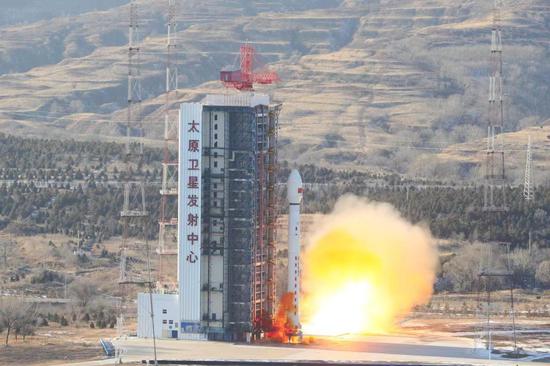





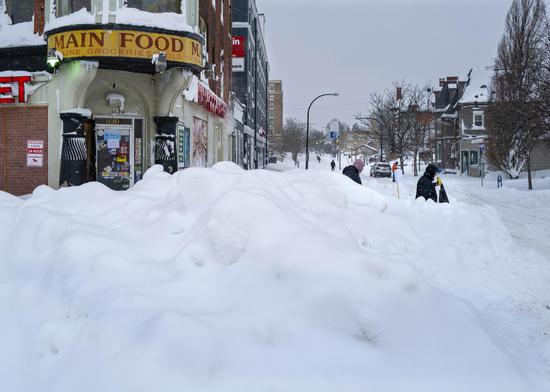
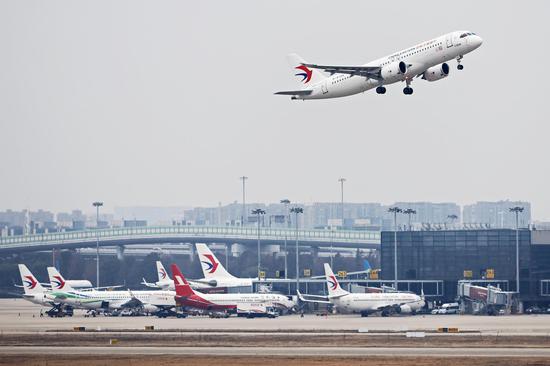








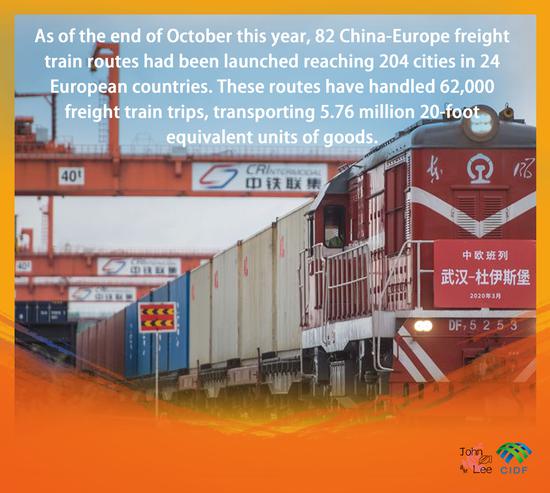







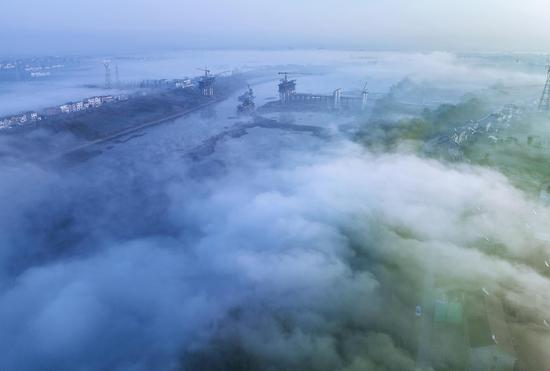

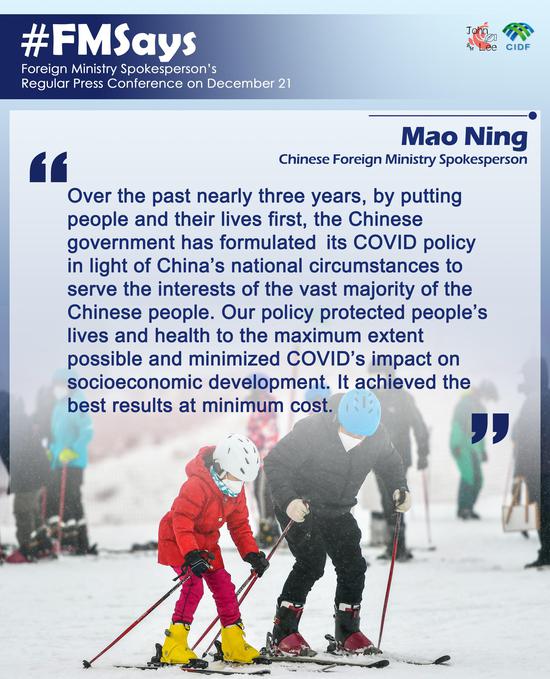

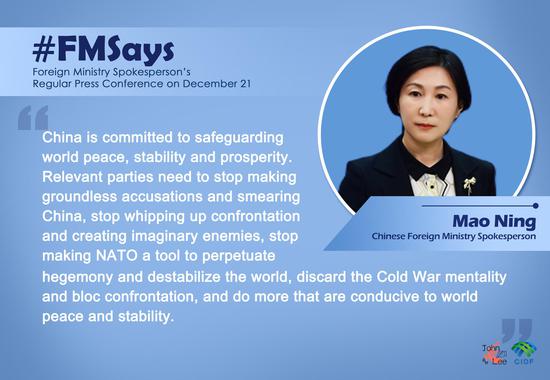













 京公网安备 11010202009201号
京公网安备 11010202009201号